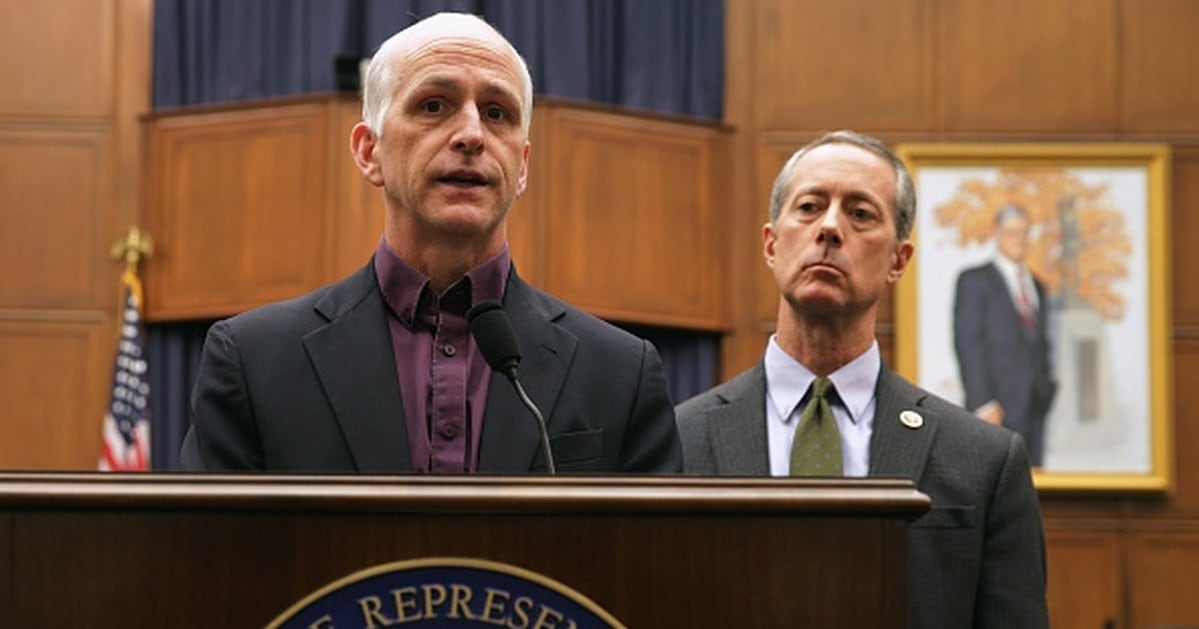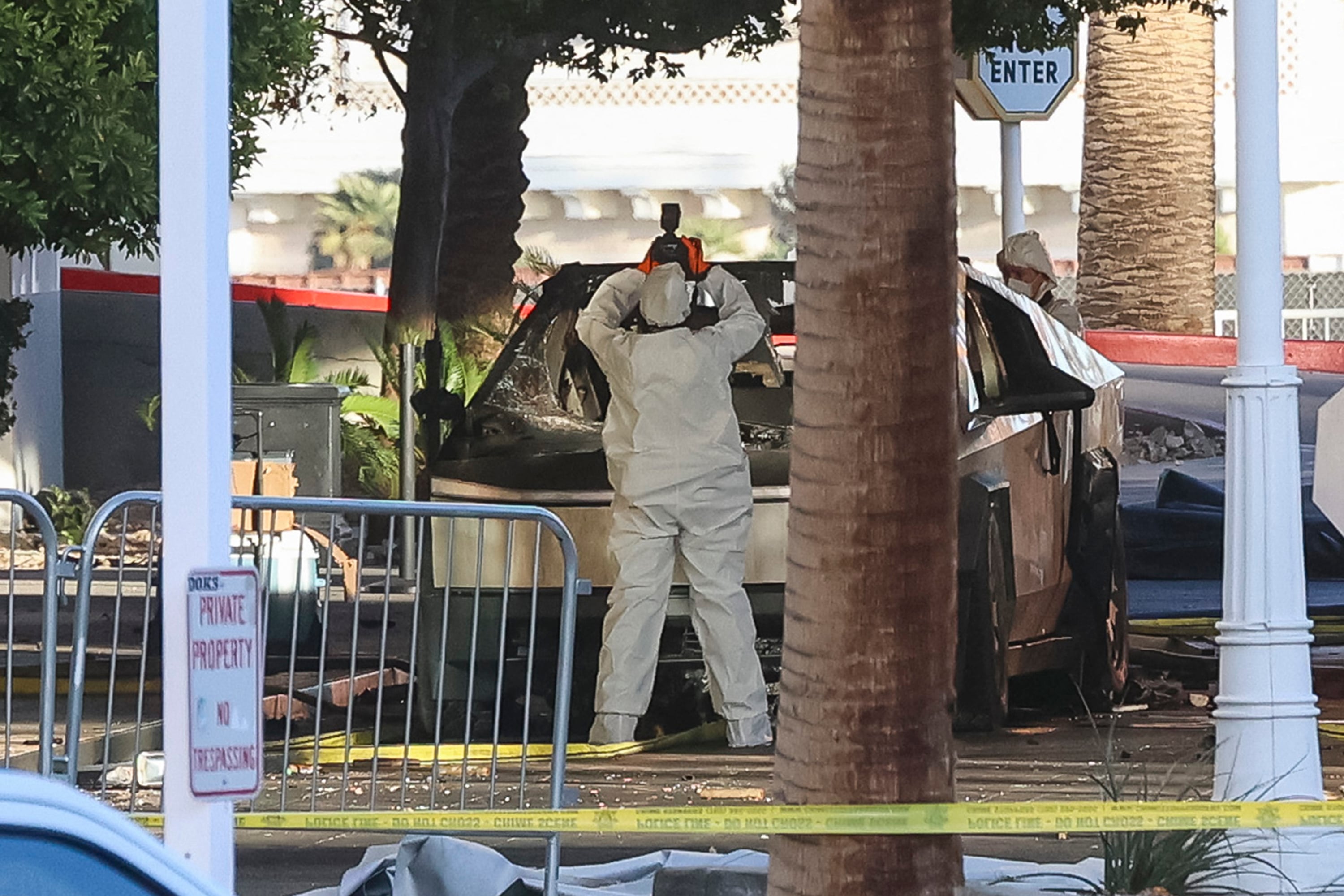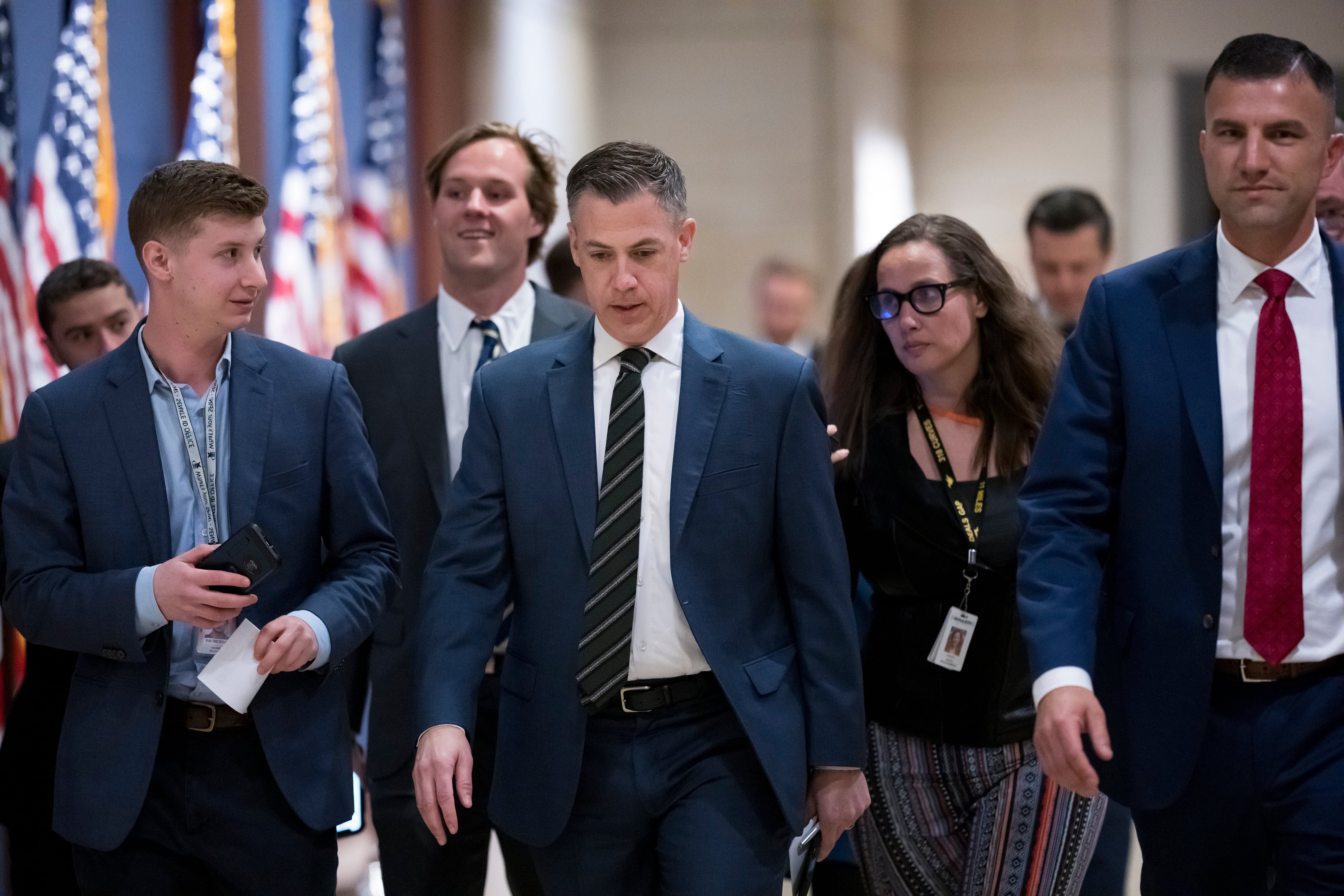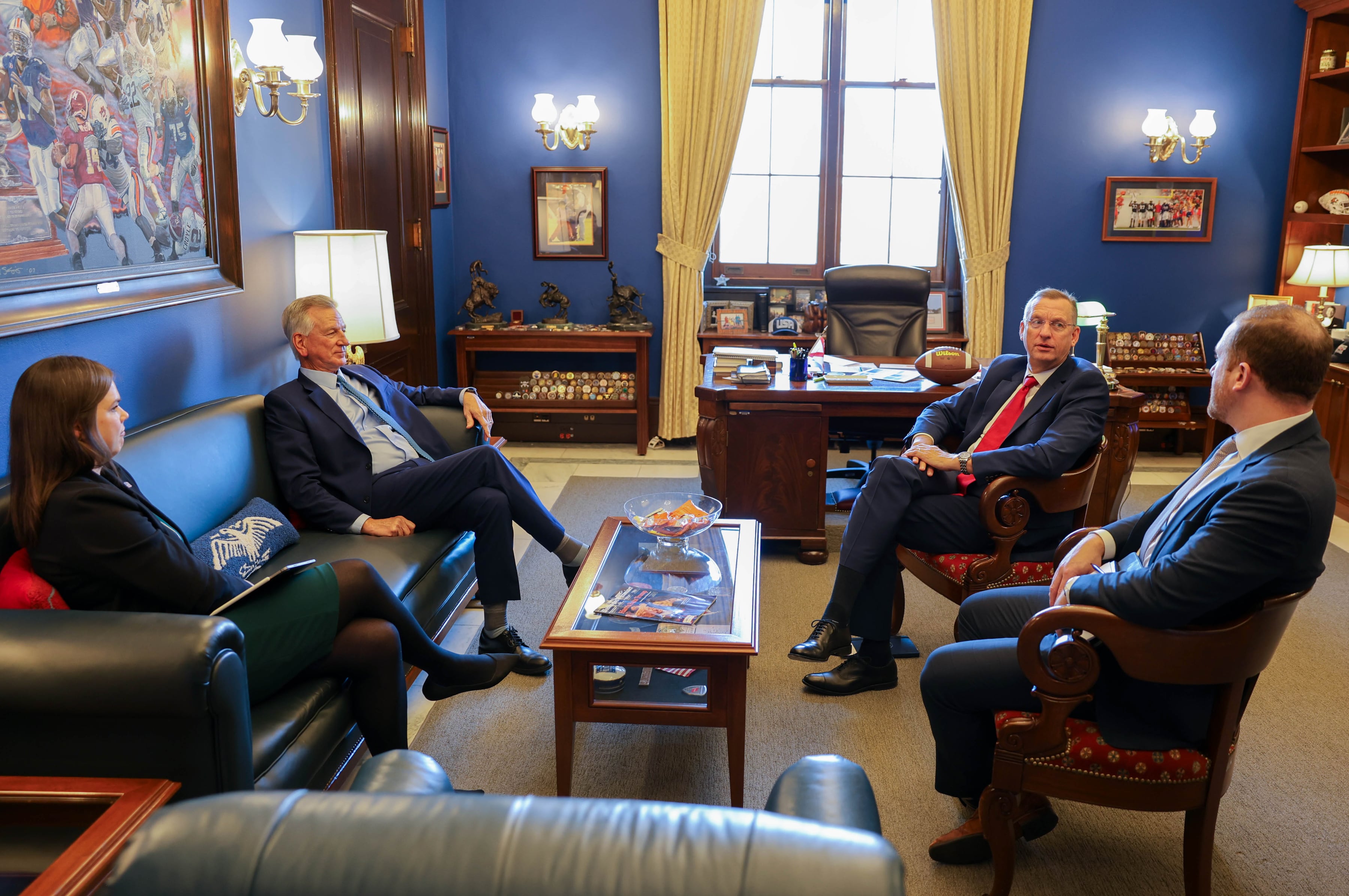WASHINGTON ― House Armed Services Committee Chairman Adam Smith said Wednesday progressives have a path to vote for the chamber’s annual defense policy bill this week after their amendments were approved for consideration.
If their support holds, it would allow House Democratic leadership to advance the must-pass military policy legislation without having to court Republican support and potentially backtrack on a number of liberal priorities already in the measure.
Leaving the Democratic Caucus meeting Wednesday morning, Smith said lawmakers there had only positive things to say about the National Defense Authorization Act. Smith has argued Democrats should be voting for the NDAA in larger numbers now that their party controls the chamber and the bill reflects their priorities.
“A lot of members have voted against the defense bill, but those were Republican defense bills,” Smith, D-Wash., told reporters. “Now they’ve got to get used to the idea that there is a defense bill that is worth their support. And I completely respect the fact we have to make that case. We’re making it, and I think we’re succeeding.”
Smith has spent weeks meeting with various caucuses and members on both sides of the aisle to meet their concerns. As Republicans have turned away from the bill ― in part because it reflects $17 billion less than the White House request ― Smith has pitched Democrats that the NDAA is a chance to coalesce around a national security position.
“I think there is momentum building to understand that as Democrats, this is our opportunity to state a national security policy,” Smith said. “And with issues this large, it’s never going to be perfect, it’s never going to be unanimous, but we think we have a bill that’s worthy of, well, everyone’s support ― but it’s worthy of Democratic support, and that’s the argument we’re making.”
RELATED

On the verge of a floor debate, the path for the bill has been in question as Republicans plan to vote against it and amid flaring tensions between House Speaker Nancy Pelosi, D-Calif., and progressive lawmakers. In a recent New York Times interview, Pelosi criticized a group of four freshman Democrats exemplified by Rep. Alexandria Ocasio-Cortez, D-N.Y., who opposed a $4.6 billion emergency border aid bill because it lacked strong language on migrant custody issues.
While two of those freshman Democrats ripped the NDAA’s top line as out of step with domestic priorities they saw as more important, the co-chair of the 90-member Progressive Caucus, Rep. Pramila Jayapal, said she could support the NDAA, depending on whether certain amendments from progressive members pass this week.
Ahead of floor debate this week, the House Rules Committee on Tuesday night approved 439 amendments for floor consideration, including a number from progressive members. The House will vote on amendments to bar military action against Iran unless authorized by Congress, to repeal the 2002 Iraq War authorization and to cut the Pentagon’s war budget by $17 billion, among others.
If passed, those provisions would likely stoke Republican opposition and complicate negotiations between Smith and his Senate counterpart, Sen. Jim Inhofe, R-Okla., to reconcile their bills. Already, the White House has threatened the House bill with a veto.
Smith has defended the bill against House Armed Services Committee ranking member Mac Thornberry, R-Texas, and other Republicans who have said the HASC-passed bill defies the committee’s bipartisan tradition.
After meeting with Smith on Tuesday, Jayapal praised Smith for working hard to include “a lot of good progressive priorities” in the bill, and expressed faith he would defend them in negotiations with the GOP-controlled Senate on a final bill.
“I believe he will fight hard for this,” she said.
RELATED

Leaving the Democratic Caucus meeting, Ocasio-Cortez said her support for the NDAA also depended on which floor amendments pass.
She differentiated the NDAA from the controversial emergency border-aid bill because the process behind the NDAA ― for which HASC holds an open markup ― “was much more deliberate. There were more steps in committee, as opposed to the border supplemental, which was kind of a rush job ... There’s much more transparency in the NDAA.”
Reps. Rashida Tlaib, D-Mich., and Ilhan Omar, D-Minn., expressed concerns about spending so much on defense when domestic issues were unaddressed. Still, neither said how they would vote on the bill.
“I have the third poorest congressional district and they don’t want us spending this much money when children are hungry,” Tlaib said.
Omar, who sponsored several amendments, called out poverty, education, climate change and expanding rural broadband as priorities.
“We want to make sure when we are budgeting that we invest in those things and we don’t continue to spend money in perpetual wars and having military bases in many parts of the world where we don’t have to,” she said. “I have amendments that will address those things, and we’ll see where we go from there.”
Joe Gould was the senior Pentagon reporter for Defense News, covering the intersection of national security policy, politics and the defense industry. He had previously served as Congress reporter.





